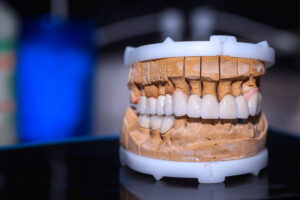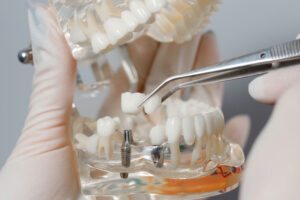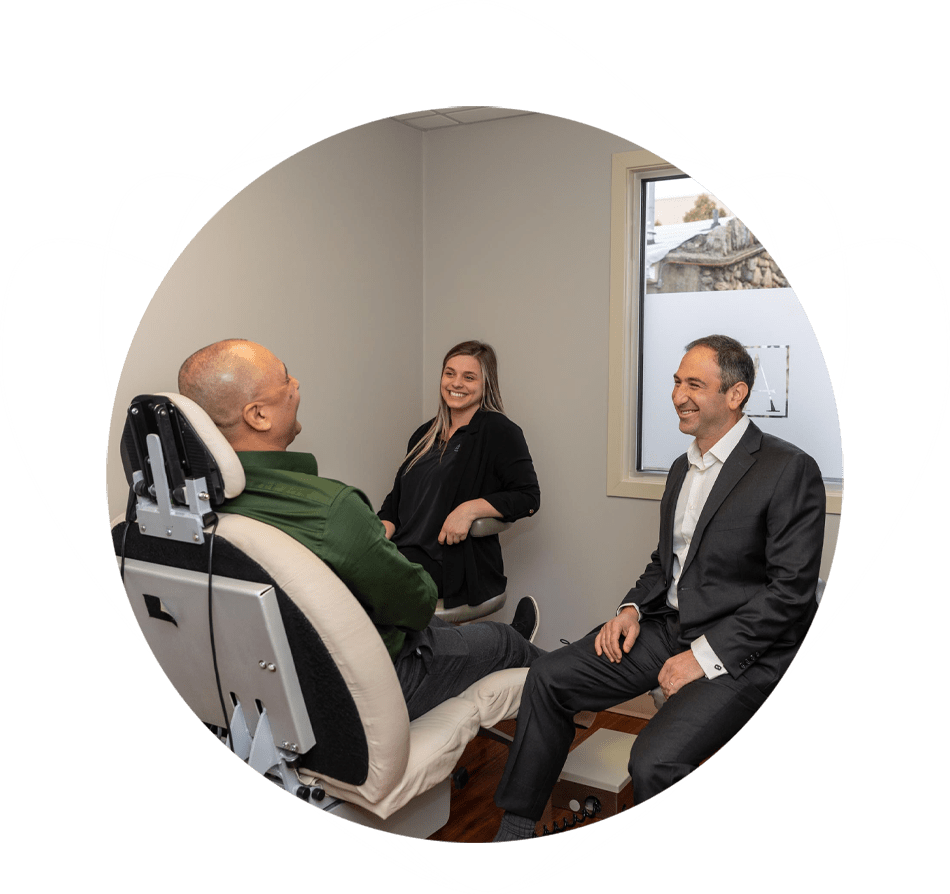TMJ and related conditions can make it hard to work. The pain can make you less productive, and periodic attacks can make it impossible for you to speak in meetings or at other functions. You may have more work absences than your coworkers. This could put your job at risk.
Unfortunately, even getting treatment for TMJ and related conditions like migraines could put your job at risk–if those treatments involve drugs.
Loss of Productivity
One of the biggest problems with many drugs used to treat TMJ and migraines is that they can hamper your productivity. The most common migraine drugs have cognitive impairment as a side effect, and taking them can make it hard to focus on your work and be productive. Sometimes, this effect will only happen when you start the drug, but for other people drug treatment can result in prolonged effects that reduce your productivity.
Suspicion of Illicit Drug Use
Another problem with drug therapy for TMJ or migraines is that it can make your employer suspect you’re impaired at work due to illegal drugs. This happened to a woman who was receiving Dilaudid injections for her migraines. She had frequent absences from work, and after receiving an injection, her supervisors suspected she was on illegal drugs. She was then fired after failing a drug test.
It’s true that your prescription treatments should be legally protected, but it can be hard to invoke those protections and manage the fallout from taking them. It took almost three years for the woman to win her court case against her employer. In other cases, people have spent even longer fighting for compensation–and sometimes losing. Ideally, it’s best to avoid putting yourself in the position where prescription drugs put you under suspicion of illicit drug use.
A Drug-Free Treatment Option
TMJ treatment is a different approach to chronic pain and migraine treatment. It doesn’t rely on drugs to provide relief from your symptoms. Instead, the goal is to find the optimal position for your jaw, and hold your jaw in that position. Holding your jaw in that position can reduce muscle tension and pain, and it can cut down on pressure that leads to nerve-related symptoms, including migraines.
Once we determine your ideal jaw position, we can talk about options for making this jaw position your natural and normal one. The most common noninvasive treatment is a simple orthotic. This clear plastic mouthguard will be worn all day at first, but it’s removable. This means you won’t have to deal with speech difficulties during important meetings or other events. Later, you will likely wear your mouthguard only at night, so it won’t interfere with your work at all.
Other treatment options include orthodontics and tooth restorations that will help your teeth guide your jaw into the proper position.
None of these treatments involve the use of drugs, and none of them will interfere with your ability to work. Instead, by helping to control TMJ and migraine symptoms, they will help your productivity improve so you can do better at your job and enjoy more security.
Want to learn more about TMJ treatment? Please call (914) 526-2144 today for an appointment with a Westchester County TMJ dentist at Advanced Dentistry of Mohegan Lake.
